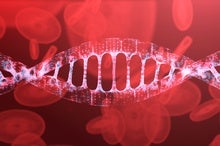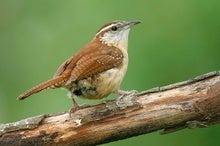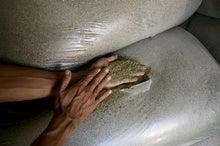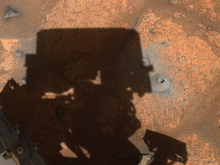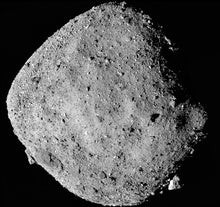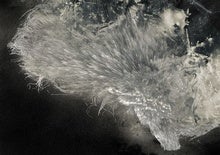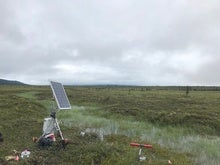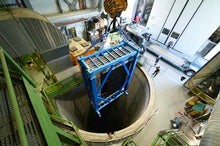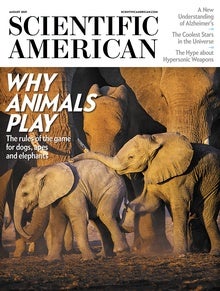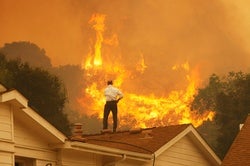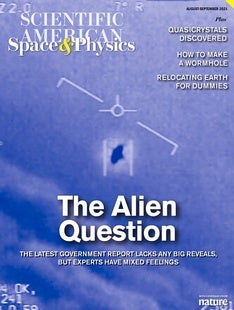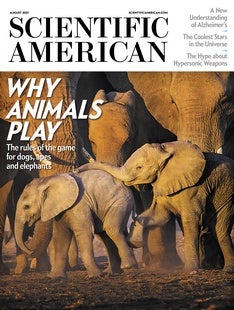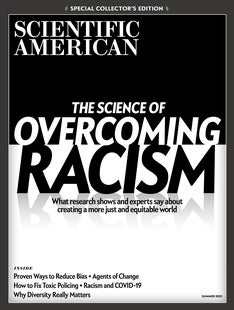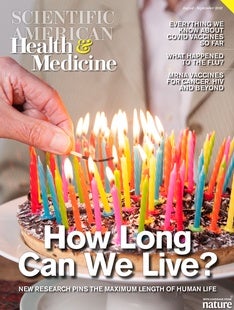 |
| August 13, 2021 |
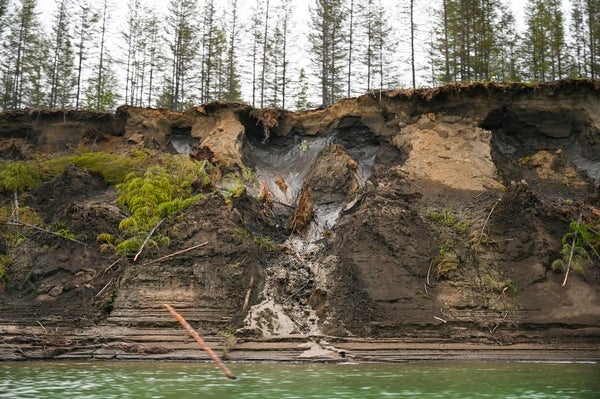 |
| |
| |
| Ecology Summer of Science Reading, Episode 2: Life beneath Our Feet In Science Book Talk, a new four-part podcast miniseries, host Deboki Chakravarti acts as literary guide to two science books that share a beautiful and sometimes deeply resonant entanglement. In this week's show: Entangled Life, by Merlin Sheldrake, and Gathering Moss, by Robin Wall Kimmerer. |  | By Deboki Chakravarti | 20:47 | | | |
| |
| Behavior The FDA Shouldn't Support a Ban on Kratom The herbal supplement can be abused, but given the explosion in opioid deaths, eliminating this safer substitute will almost certainly lead to more deaths | | | | |
| |
| |
| |
| |
| |
| |
| |
| |
| |
| |
FROM THE STORE
 | | | |
| |
FROM THE ARCHIVE
 | | | |
| QUOTE OF THE DAY
 "None of Earth's past warm periods is an appropriate analogue for what we're seeing today, however. The rates of what we're undertaking right now tend to distinguish current climate change from past changes of this magnitude that have happened over much longer timescales and are caused by natural climate drivers." Kim Cobb, climate scientist at the Georgia Institute of Technology | |
LATEST ISSUES
 |
| |
| Questions? Comments?  | |
| Download the Scientific American App |
| |
| |


